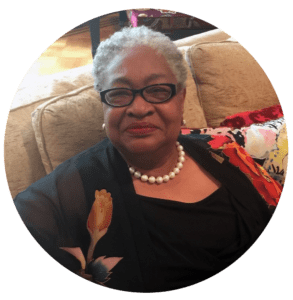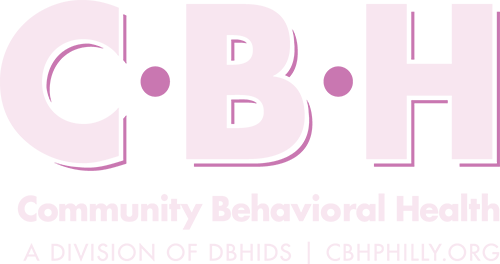Celebrating Black Excellence: Meet Dr. Violet A. Henighan, CBH Physician Advisor

In honor of Black History Month, we spotlight Violet A. Henighan, D.O., who joined CBH as a Physician Advisor for CBH Medical Affairs in 2014.
In 1983, Dr. Henighan graduated summa cum laude from Saint Paul’s College before earning her Doctor of Osteopathic Medicine degree from the Philadelphia College of Osteopathic Medicine (PCOM). Throughout her career, she has served as a teacher, clinical advisor, lecturer, author, and editor.
Dr. Henighan holds memberships in the American Psychiatric Association (APA), the Pennsylvania Psychiatric Society (PAPS), and the American Osteopathic Association (AOA). She is also a proud member of Delta Sigma Theta Sorority, Inc., a historic African American public service sorority dedicated to promoting sisterhood, scholarship, public service, and social action.
1. Can you tell us about your role at CBH?
I am a Physician Advisor in Adult Services. I provide consultations to Clinical Care Managers, participate in adult clinical management team meetings, perform utilization reviews and assess for medical necessity, conduct peer reviews with provider physicians, address quality concerns in clinical case reviews, participate in grievance and complaint reviews and hearing processes, serve as a psychiatric liaison to physical health managed care organizations and teach psychiatric residents and fellows as well as pharmacy interns, residents, and fellows.
2. What inspired you to pursue your current role within the company?
Dr. Bud Gardiner encouraged me to join CBH in 2014. He informed me I would see how Philadelphia citizens who are suffering from mental and addictive illnesses are being treated, and maybe my life experiences and knowledge would be of benefit to help our members receive quality care.
3. Could you share a significant moment from your career that you’re particularly proud of?
I passed my psychiatric board
recertification in 2021 in the middle of a pandemic after a blizzard at the age of 74!
4. How do you believe your background and experiences as an African American have shaped your approach to your work?
I believe my background and experiences, growing up in segregation with a mentally ill loved one who could not go to the state hospital (asylum) when it first opened because she was “colored,” have shaped my approach to medicine and the specialty of psychiatry. I am still concerned with my people getting quality medical care.
5. Why is celebrating Black History Month meaningful to you?
I celebrate my people 12 months of every year with special emphasis on Juneteenth!
6. Who is a person or what is a moment in Black history that influenced you?
My mother, Mrs. Melva B. T. Walker, was a soldier in the Civil Rights Movement in the early ‘60s. She would work in a factory all day, help my father on the farm, and then head out after dark in our rural county to register people to vote. The Ku Klux Klan was riding hard at that time.
7. If you could have a conversation with a civil rights activist, who would it be and why?
I would talk with my mother. I would like to know what gave her the courage to leave six children and a husband at home to pray for her. The Ku Klux Klan hung a Black doll off the antenna of her car one night and wrote in soap, “The KKK is watching you.” She said, “Don’t wash it off; they’ll only put it back on.” The whole family would watch and pray until she returned home. I wish I had talked more to her as she was a dynamic and beautiful woman who loved to dance and play cards and Scrabble. She loved education and always encouraged us to do well in school. She had a saying, “It doesn’t take any effort to be stupid and ignorant.”
8. How important is representation to you in the workforce and community?
I had a hard time answering this question! If America had used all the knowledge of all its people from the beginning, just think how great this country would be. Every man, woman, and child of all persuasions needs to see themselves as valued members of society.
9. What advice would you give to young professionals who are looking to get into your field?
To learn to treat suffering humans as people, not a paying diagnosis. A person’s health, illness, and recovery are affected by more than medication and treatment. Have compassion for the person seeking help. And most of all, just because I’m a doctor does not mean I know everything!






